2020-2021 Faculty Fellows
Introduction
The faculty fellowship program has supported research resulting in major books and articles in the humanities. Faculty Fellows each present a public lecture and participate in regular fellows seminars.
Andy Clarno, Department of Sociology and Black Studies
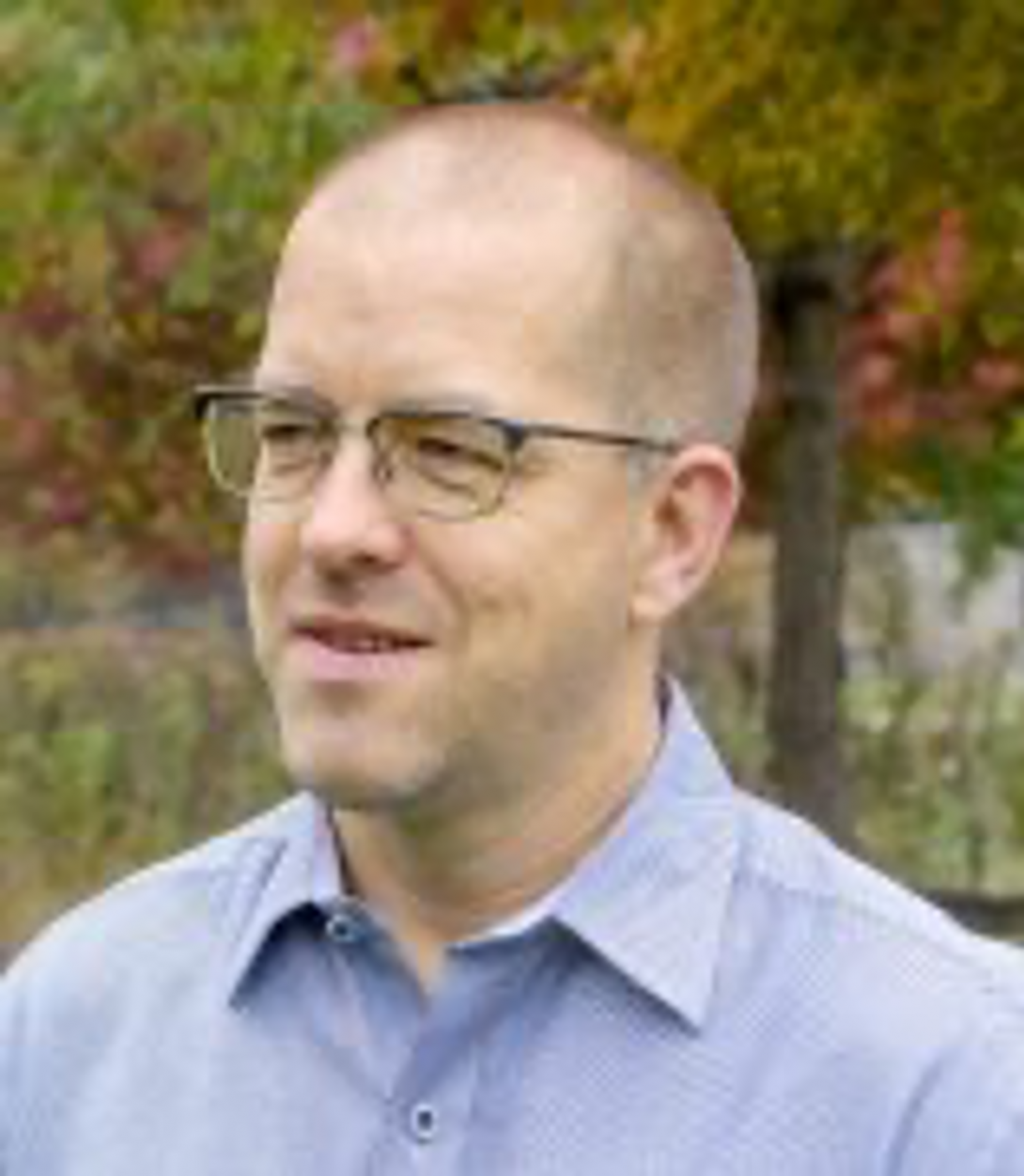
Andy Clarno is Associate Professor of Sociology and Black Studies and coordinator of the Policing in Chicago Research Group at the University of Illinois at Chicago. His research examines racism, capitalism, colonialism, and empire in the early 21 st century, with a focus on the relationship between marginalization and securitization. Andy teaches courses on globalization, race and ethnicity, policing, and urban sociology. Andy’s book, Neoliberal Apartheid (University of Chicago Press 2017), analyzes political, economic, and social transformation in South Africa and Palestine/Israel since 1994.
Susila Gurusami, Assistant Professor, Department of Criminology, Law, and Justice

Dr. Susila Gurusami is a sociologist of race, gender, punishment, and labor, with particular interests in carceral governance. She received her PhD in sociology from UCLA in 2017 and is a former University of California Chancellor’s Postdoctoral Fellow. Her work has been published in Gender & Society, Social Problems, and Punishment and Society. Recognition for this scholarship include funding and awards from the American Sociological Association, Sociologists for Women in Society, Society for the Study of Social Problems, and the Racial Democracy, Crime, and Justice Network. She is currently writing a book manuscript titled Making it Home: Race, Gender, and Carceral Migration.
Anna Kornbluh, Associate Professor, Department of English
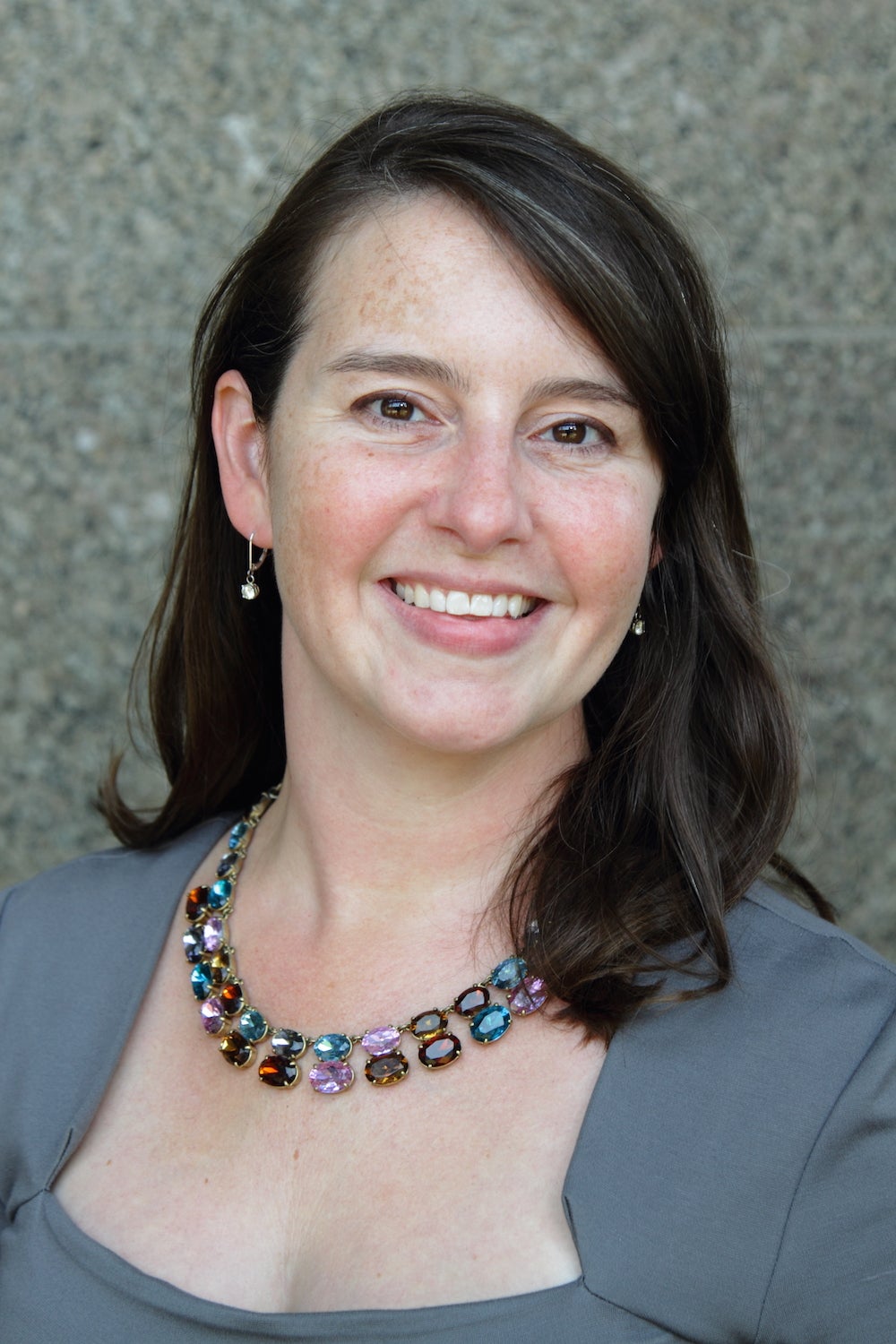
Anna Kornbluh’s research and teaching interests center on Victorian literature and Critical Theory, with a special emphasis in formalism, Marxism, psychoanalysis, and theory of the novel. She is the author of The Order of Forms: Realism, Formalism, and Social Space(University of Chicago 2019), Marxist Film Theory and Fight Club (Bloomsbury “Film Theory in Practice” series, 2019), and Realizing Capital: Financial and Psychic Economies in Victorian Form (Fordham UP 2014). Her current research concerns impersonality, objectivity, mediation, and abstraction as residual faculties of the literary in privatized urgent times. She is the founding facilitator of two scholarly cooperatives: V21 Collective and InterCcECT.
Beate Geissler, Associate Professor, Department of Art
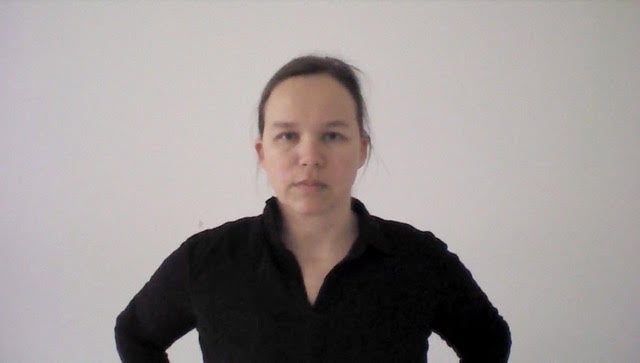
Beate Geissler is an interdisciplinary artists researcher and educator interested in the question of how human actions transform the planet and how those transformations alter our existence. Her work concentrates on inner alliances of knowledge and power, their deep links in western culture and the escalation in and transformation of human beings through technology. Her work has been exhibited nationally and internationally in museums, galleries, and alternative spaces, including: the Renaissance Society at the University of Chicago; the Museum of Contemporary Photography, Chicago; the Fotomuseum Antwerp; the NGBK (New Society for Visual Arts) in Berlin; the National Taiwan Museum of Fine Arts; the Fotomuseum Winterthur in Switzerland; the Museum Ludwig in Cologne; MAST Foundation in Bologna, Italy; and German Pavillion at the Photography Biennial Dubai, UAE. She has been the recipient of a number of grants and awards, including: the Videonale Award from the Museum of Art, Bonn, Germany; the Herman-Claasen-Award (Cologne, Germany); production grants from the Graham Foundation, Chicago; and she is an active participant of the project Mississippi. An Anthropocene River (https://anthropocene-curriculum.org). She published four monographs: Return to Veste Rosenberg (2006), Personal Kill (2010), Volatile Smile (2013) and the bio-adapter (Oswald Wiener) / you won’t fool the children of the revolution (2019). She is a founding member of Deep Time Chicago an art/research/activism initiative formed in the wake of the Anthropocene Curriculum program at HKW in Berlin, Germany.
Jeffrey Sklansky, Professor, Department of History
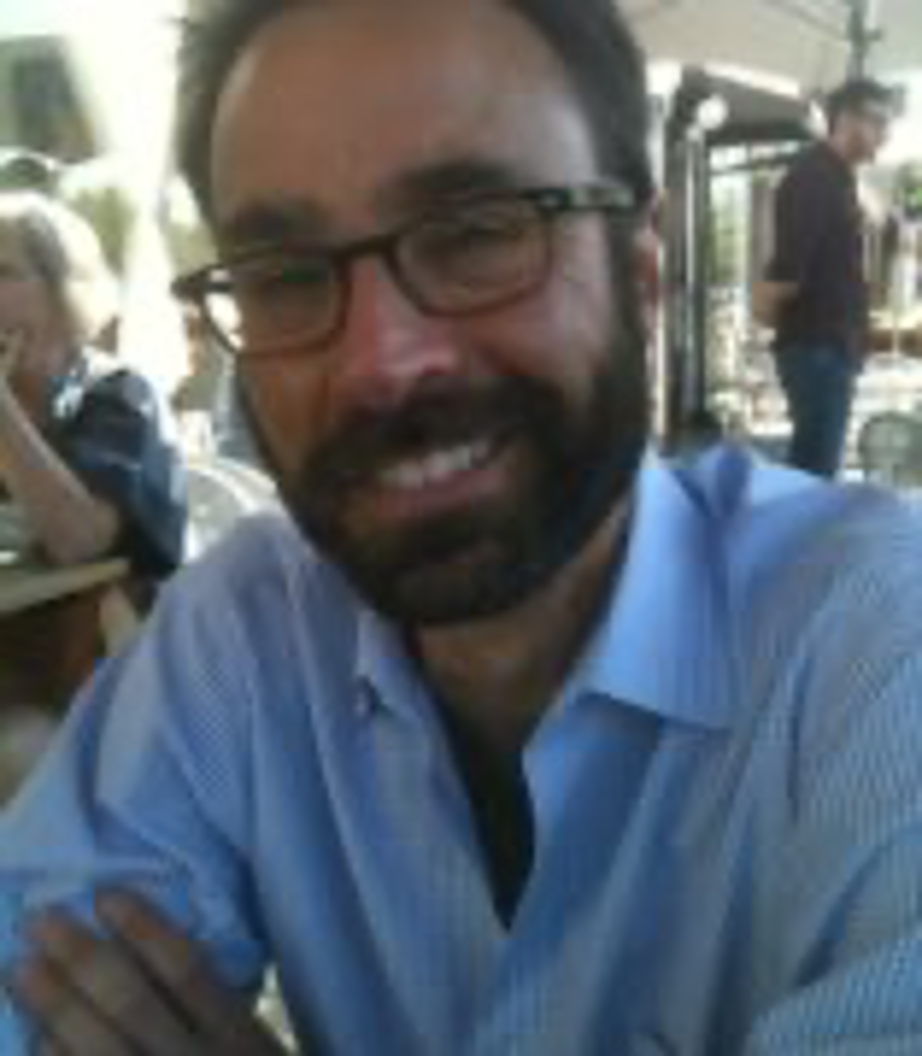
Jeffrey Sklansky specializes in the intellectual and social history of capitalism in eighteenth- and nineteenth-century America. After graduating from the University of California at Berkeley and receiving his Ph.D. in History from Columbia University, he taught at Oregon State University from 1997 to 2011, when he moved to the University of Illinois at Chicago. He offers courses on the history of capitalism, radicalism in America, and American intellectual history, among other topics. He is the author of two books. The Soul’s Economy: Market Society and Selfhood in American Thought, 1820-1920 (University of North Carolina Press, 2002) traces the fall of classical political economy and the rise of modern sociology, psychology, and allied social sciences in its place. Sovereign of the Market: The Money Question in Early America (University of Chicago Press, 2017) examines the two-hundred-year struggle over what should serve as money, who should control its creation and circulation, and what principles should govern its role in market relations. For potential graduate students, he is currently accepting new students in early American history, intellectual history, labor history, and the history of capitalism.
Yann Robert, Associate Professor, Department of French and Francophone Studies
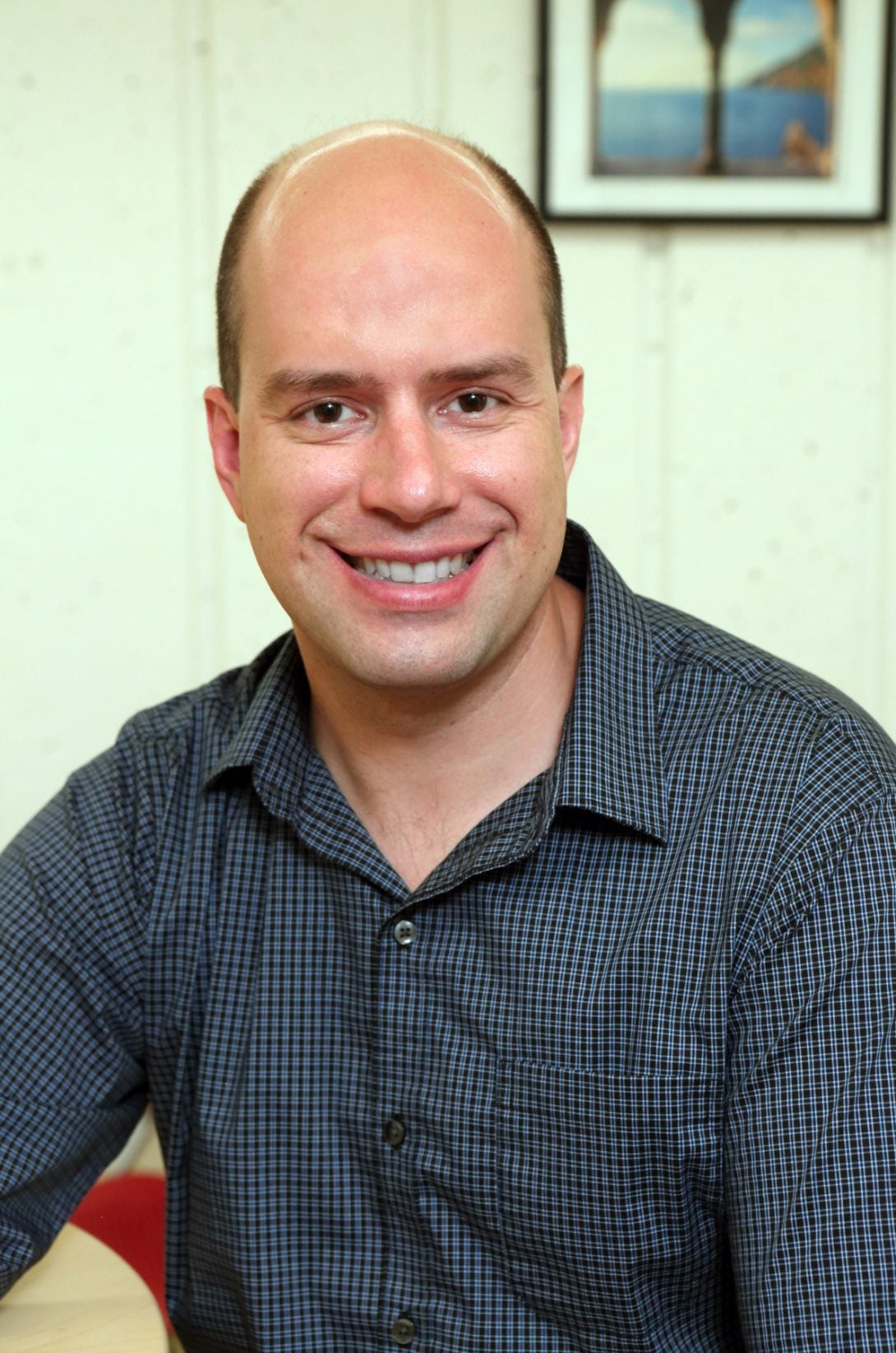
Yann Robert is an Associate Professor in the Department of French and Francophone Studies at the University of Illinois at Chicago. His book, Dramatic Justice: Trial by Theater in the Age of the French Revolution, was recently published by the University of Pennsylvania Press. In 2018, he was awarded UIC’s Rising Star Award in the Humanities, Arts, Design and Architecture. His research examining the interaction between theater, justice, and politics in Enlightenment and Revolutionary France has received support from the Andrew W. Mellon Foundation, notably through a two-year postdoctoral fellowship at Stanford University and a one-year research fellowship at the Newberry Library, as well as from the Jacob K. Javits and the Mrs. Giles Whiting Foundations.